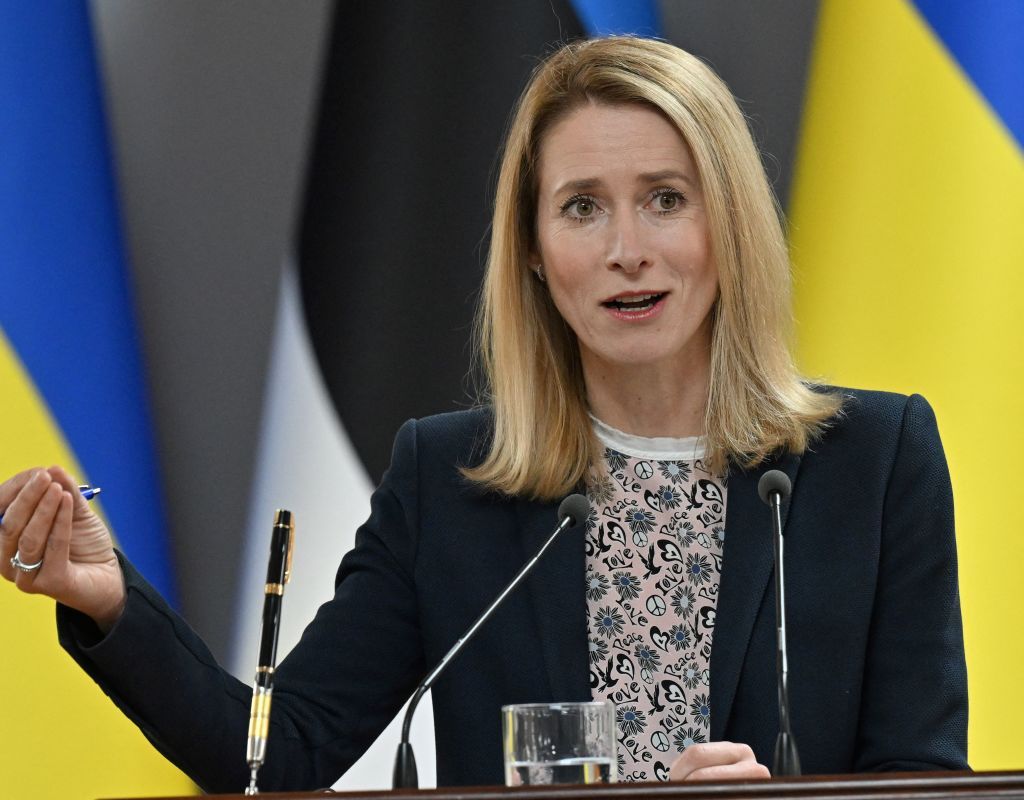Estonian Prime Minister Kaja Kallas is set to become the next foreign policy chief of the EU, according to reports from Radio Free Europe/Radio Liberty. Kallas will replace Josep Borrell, who has been in the position since 2019. Additionally, Antonio Costa, the former prime minister of Portugal, is expected to take over as the next president of the European Council from Charles Michel. Kallas had previously shown interest in becoming the next NATO Secretary General but supported Dutch Prime Minister Mark Rutte, who was recently appointed to the role. Kallas’ international profile has grown in light of Russia’s invasion of Ukraine, as she has been a vocal advocate for Western support. Estonia has allocated 569 million euros in aid to Ukraine, ranking first among the country’s international partners in terms of the percentage of its GDP allocated for support.
According to the Kiel Institute for the World Economy, Estonia’s support for Ukraine stands out in terms of both the amount of aid provided and the percentage of its GDP dedicated to this cause. Kallas’ appointment as the EU’s foreign policy chief reflects her growing influence in international affairs, particularly in the context of the ongoing crisis in Ukraine. Her leadership and advocacy for Western support have garnered attention and recognition on a global scale. The upcoming changes in leadership within the EU, with Kallas taking on this new role and Costa becoming the next president of the European Council, signal a shift in the political landscape of the European Union.
Kallas’ appointment comes at a crucial time when Europe is facing significant challenges, including the conflict in Ukraine and the broader geopolitical tensions with Russia. As the EU’s foreign policy chief, Kallas will play a key role in shaping the union’s response to these challenges and in building consensus among member states. Her experience as the prime minister of Estonia and her track record of advocating for Western support for Ukraine make her a well-suited candidate for this important position. Kallas is expected to bring a fresh perspective and proactive approach to the role, further strengthening the EU’s position on the global stage.
With Estonia’s significant contribution to Ukraine in terms of both financial aid and diplomatic support, Kallas has demonstrated her commitment to promoting stability and security in the region. Her leadership in the face of the crisis in Ukraine has garnered praise and recognition from international partners, further solidifying Estonia’s role as a key player in European politics. By taking on the role of the EU’s foreign policy chief, Kallas will have the opportunity to further advance her efforts to support Ukraine and to strengthen the EU’s response to global challenges. This appointment reflects the growing influence of Estonia and Kallas in European politics and their commitment to promoting peace and stability in the region.
Overall, Kallas’ appointment as the EU’s foreign policy chief is a significant development that underscores her growing influence in international affairs. With her track record of advocating for Western support for Ukraine and her leadership during the crisis in the region, Kallas is well-prepared to take on this important role. The upcoming changes in leadership within the EU also signal a broader shift in the political landscape of the European Union, with new faces and perspectives guiding the union’s response to global challenges. Kallas’ appointment represents an opportunity for Estonia to further solidify its position as a key player in European politics and to continue advocating for stability and security in the region.


